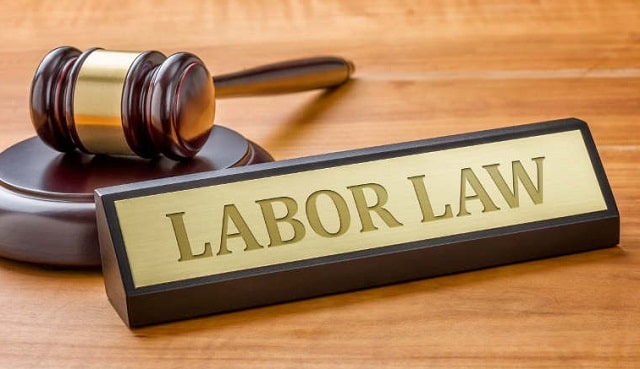
Labor and employment law can be an incredibly complicated type of law. In addition, it is one of the types of law with the most exposure to the general population because it's related to people's jobs. The average worker is going to need help understanding employment law if he or she is ever involved in a case. Here are five things people involved in labor law cases and litigation need to know.
1. Your Case May Require Representation By An Attorney
Every legal case is different and some may not require a lawyer, but it's best to be certain before proceeding. Collect all the information you can about your case and find an employment lawyer who specializes in the type of issue your case is about. He or she can review the case, determine what kind of legal assistance or representation you need and guide you through the process. Most people aren't highly experienced in employment law, so bringing your case to an experienced attorney provides you with more expertise and knowledge.
2. There Are Seven Main Labor Law Issues
An employment attorney is likely to specialize in one or a few types of labor law, which means you shouldn't hire one without knowing what he or she has the most experience in. There are seven main types: salary misclassification, overtime disputes, minimum wage disputes, harassment, discrimination, wrongful termination and the Family and Medical Leave Act (FMLA). Some of these types do overlap, such as harassment, discrimination and wrongful termination, or salary misclassification and overtime disputes.
3. Your Employment Issue May Not Constitute A Legal Case
Not every employment issue brought to an employer's or attorney's attention can proceed as a legal case. There are many factors at play in determining whether a case has a legal precedent, including whether the employment was at will, if there was a breach of contract and what previous laws or rulings regarding similar issues exist, if any. For example, a termination of employment that you view as unfair may not be illegal, and it is important for an attorney to review the case and help you consider your options if a lawsuit is off the table.
4. It Is Important For Employees To Be Aware Of Their Rights
While you aren't expected to understand as much as possible about labor laws as employment attorneys, human resources representatives and managers are, it's important that you understand your basic rights as an employee. Take time to educate yourself about the seven basic types of labor laws and your rights under them. Doing so will help you understand when your rights and entitlements are being violated or you are being taken advantage of. An employee who is aware of some of the basics is far more likely to recognize when there is a legal issue in his or her workplace.
5. Labor And Employment Laws Are Still Evolving
No type of law is static and unchanging, not even labor and employment law. While there are precedents set by previous legal cases for lawsuits, these may be overturned or overtaken by new situations and circumstances at any time. Laws must also change to accommodate changes and modernizations in the workplace, such as the increased reliability of electronics and internet connections to support remote work. It is important to check basic employment law information every so often to refamiliarize yourself with existing precedents and learn of any additions or changes to the laws that may apply to you.
Labor Law Litigation Conclusion
Remember that there are assistance options available to you if you ever find yourself involved in an employment and labor law case in any capacity. You can seek out an attorney independently to leverage litigating, request help from a relevant nonprofit organization, and discuss your options with human resources and governmental departments.
